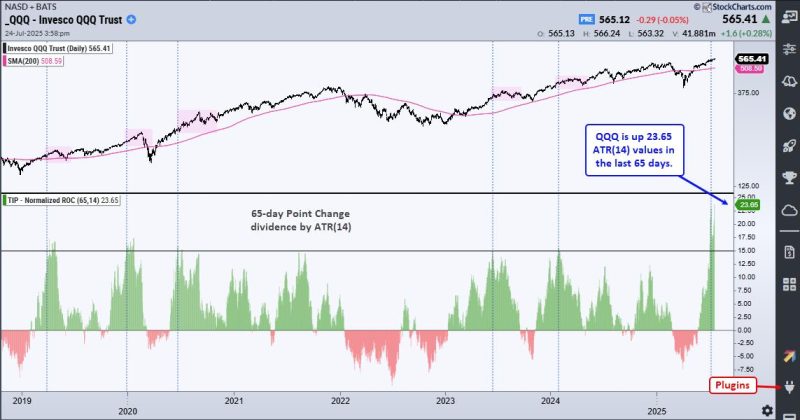stock
15-11-2023 13:36
274 Views
Emerging Markets: Opportunities and Risks for Investors
Exploring Emerging Markets: Balancing Opportunities and Risks for Savvy Investors Article: In today's globalized world, savvy investors are constantly seeking new frontiers to diversify their portfolios and maximize returns. Emerging markets have emerged as a particularly enticing avenue, offering promising opportunities for those willing to take calculated risks. However, the path to success in these markets is not without its challenges, warranting a careful examination of the rewards and risks associated with such investments. Emerging markets, characterized by developing economies with high growth potential, encompass a wide range of countries across various continents, including the likes of Brazil, India, China, and South Africa. These regions boast a burgeoning middle class, rapid urbanization, and access to extensive natural resources, positioning them as alluring candidates for investment. As these economies expand, opportunities for attractive returns become increasingly prevalent, attracting both institutional and individual investors seeking to capitalize on their untapped potential. One of the key attractions of investing in emerging markets is the prospect of high returns. As these economies undergo structural transformations and modernization, they often experience rapid growth rates, outpacing established markets. This potential for superior returns entices investors seeking above-average profits. However, it is important to note that these rewards often come hand-in-hand with pronounced risks that demand careful consideration. Volatility and instability are recurring themes in emerging markets, making them inherently riskier than developed markets. Political instability, regulatory changes, currency fluctuation, and underdeveloped legal frameworks can all contribute to heightened uncertainty. For instance, sudden shifts in government policies, corruption scandals, or geopolitical tensions can trigger significant market turmoil, impacting investment performance. Investors must stay vigilant, closely monitoring changes in political landscapes and adapting their strategies accordingly. Another risk factor in emerging markets is liquidity. Some of these economies exhibit limited liquidity, which can hinder the ease and efficiency of buying or selling securities. Thin trading volumes and market inefficiencies can amplify price volatility, potentially exposing investors to increased transaction costs and difficulties when attempting to liquidate positions. Such challenges necessitate a cautious approach, emphasizing thorough research, and a long-term investment horizon. Currency risk is an integral consideration when investing in emerging markets. Exchange rate fluctuations can significantly impact returns, rendering them vulnerable to currency depreciation or appreciation. Investors need to assess these risks and hedge accordingly to mitigate potential losses. Strategies such as diversifying currency exposure and utilizing hedging instruments can help navigate these uncertainties. Regulatory and legal frameworks in emerging markets often lag behind their developed counterparts. Investors need to be aware of the risks associated with weak corporate governance, limited shareholder protections, and potential regulatory changes. Rigorous due diligence is crucial when conducting investment analysis, ensuring adherence to ethical standards and good governance practices. Despite these risks, the importance of diversifying portfolios cannot be overstated. Allocating a portion of investments to emerging markets can provide a means of spreading risk and enhancing long-term returns. These markets often demonstrate low correlation with developed markets, offering investors the potential to reduce volatility and increase overall portfolio efficiency. To navigate the complexities of investing in emerging markets successfully, a long-term perspective, patience, and resilience are indispensable. Investors must educate themselves about the unique dynamics of each market, stay informed about local and global economic trends, and embrace a flexible mindset that allows them to adapt to changing circumstances. In conclusion, emerging markets present a wealth of opportunities for adventurous investors seeking to bolster their portfolios. While these markets come with inherent risks, a calculated approach that balances potential rewards with careful risk management can yield attractive returns. By understanding and navigating the specific challenges associated with investing in emerging markets, investors can unlock the potential of these dynamic economies and pave the way for long-term success.
Other news


